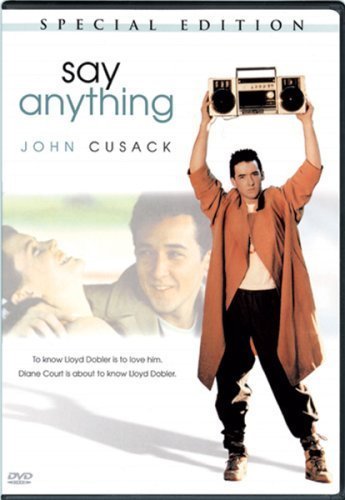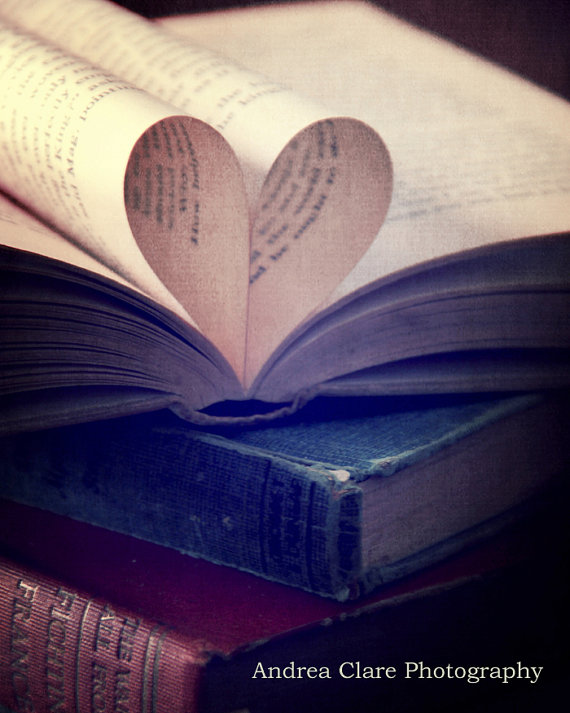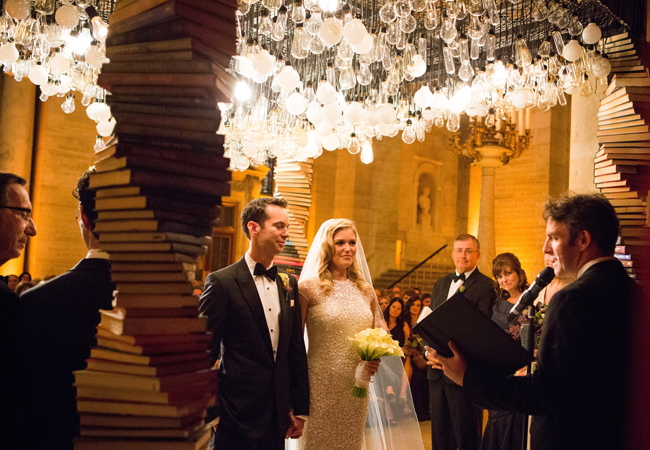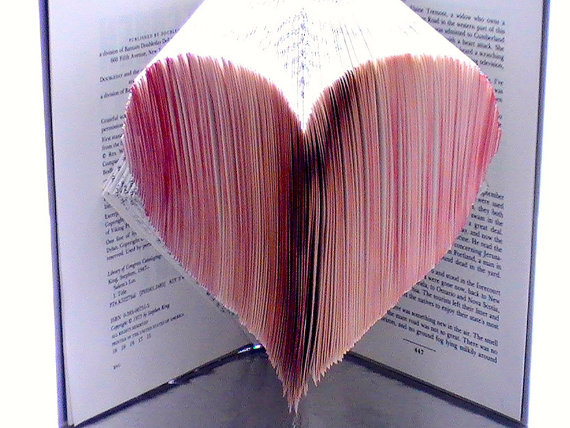These days, it’s easier than ever to find a reading for your wedding. But, if you prefer something other than St. Paul’s Letter to the Apostle (about how love is patient and kind and all that), there are many different ways to find unique readings that represent you and your betrothed. The problem with Google or Bing is that you’re likely to come up with a similar list, including but not limited to readings by: Rilke, Pablo Neruda, Maya Angelou, Rumi, a Shakespearian sonnet, and possibly Dr. Seuss. You may also encounter a Navajo or Celtic blessing, and while these authors and their texts have merit, if you’re interested in something unique, I encourage you to put down your computer and look elsewhere.
To start, I encourage you to keep your eyes and ears open during your engagement. When reading a book – a novel, a memoir, collections of poems – always read with a pen, and underline any passages that deal with matters of the heart. And why not revisit one of your favorite books? It’s always pleasant to reread books at different phases of life – you’ll probably pick up on something you might have missed when you were younger. If you attend any plays or movies, have a piece of paper and pen nearby. If you work with young children, pay attention while reading picture books aloud. So you see, the possibilities are endless. One other thing to keep in mind while perusing for readings is that they don’t have to be so literal. The guests at the wedding all know why they’re there – the underlying theme of the ceremony is love. Don’t be afraid to be abstract – to use passages or lines that symbolize love, devotion, and trust – without spelling it out so clearly. Let them ponder the words you read.
And if you’re one of the lucky ones who has been selected to be a reader in a wedding and it is your job to select the reading, here are few ideas. Begin with the friend or relative in mind. Are they more traditional, adventurous, literary, quirky? Or a combination of all these traits? Here are a few different ideas…
{Dave Robbins Photography}
For the practical, hands-on bride who appreciates subtlety, I highly recommend poems by contemporary poets like Mary Oliver, Marge Piercy, or Billy Collins. Collins is the former National Poet Laureate and known for his accessible but deep writing. For my adventurous, courageous and independent college roommate who spent her first few post-college years in a tiny West African village performing AIDS education for the Peace Corps, I chose the following excerpt from Billy Collins’s poem, “Directions.”
“Still, let me know before you set out.
Come knock on my door
and I will walk with you as far as the garden
with one hand over your shoulder.
I will even watch after you and not turn back
to the house until you disappear
into the crowd of maple and ash,
heading up towards the hill,
piercing the ground with your stick.”
And for that passionate friend, who may allow him or herself to get caught up in drama from time to time, don’t be afraid to use excerpt from plays – classic or modern. I think this is the most overlooked of the genres for wedding readings.
From Tom Stoppard’s The Real Thing
“I love love. I love having a lover and being one. The insularity of passion. I love it. I love the way it blurs the distinction between everyone who isn’t one’s lover. One two kinds of presence in the world. There’s you and there’s them. I love you so.” (43)
{via etsy}
For your literary friend who shuns the bestseller list and is happiest when she is reading, look to the classics – Henry James, Edith Wharton, Flaubert – all have a lot to say about love. Don’t turn away from Shakespeare, but look at the less well-known plays like A Winter’s Tale. Here’s a sample from Virginia Woolf’s To The Lighthouse:
“Love had a thousand shapes. There might be lovers whose gift it was to choose out the elements of things and place them together and so, giving them a wholeness not theirs in life, make of some scene, or meeting of people (all now gone and separate), one of those globed compacted things over which thought lingers, and love plays.”
Or one of these quotes from A Room With a View by E.M. Forster
“I taught him to trust in love. I said: ‘When love comes, that is reality.’ I said ‘Passion does not blind. No. Passion is sanity, and the woman you love, she is the only person you will ever really understand.’”
“It isn’t possible to love and to part. You will wish that it was. You can transmute love, ignore it, muddle it, but you can never pull it out of you. I know by experience that the poets are right: love is eternal.”
For your friend who is a cinephile: what are the greatest movies about love? Rewatch them and look for the wonderful exchanges about love. From “Sophie’s Choice” and “Out of Africa” to “Say Anything” and the “Before Sunset” trilogy – all have beautiful monologues or dialogues about love.
 {via imdb}
{via imdb}
For that introspective or unconventional friend who didn’t even know if she wanted a wedding or a ceremony or any of this hoopla, I recommend used prose – excerpts from novels or memoirs. In this case, you can be literal or abstract. I chose the following for a friend who loves the water and grew up spending her summers on Nantucket. Even though Didion writes about an entirely different place, the ways she describes how she and her husband used to swim together is the perfect metaphor for the vicissitudes of marriage.
From Joan Didion’s The Year of Magical Thinking
“I think about swimming with him into the cave at Portuguese Bend, about the swell of clear water, the way it changed, the swiftness and power it gained as it narrowed through the rocks at the base of the point. The tide had to be just right. We had to be in the water at the very moment the tide was right. We could only have done this a half dozen times at most during the two years we lived there but it is what I remember. Each time we did it I was afraid of missing the swell, hanging back, timing it wrong. John never was. You had to feel the swell change. You had to go with the change. He told me that. No eye is on the sparrow but he did tell me that.” (227)
My own Oprah “Ah-hah” moment came while I was attending Mary Zimmerman’s wonderful adaptation of Ovid’s Metamorphosis, with my sister a few months before my wedding. During the final myth of Baucis and Philemon – about the poor old married couple who allows Zeus and Hermes, disguised as beggars, into their home when all of their neighbors had shunned them. Baucis and Philemon give the “beggars” shelter and a feast. The true identities are revealed and the poor couple is granted one wish. Here it is:
HERMES: Old man, old woman, ask of us what you will. We shall grant whatever request you make of us.
Baucis and Philemon whisper to each other.
BAUCIS: Having spent all our lives together, we ask that you allow us to die at the same moment.
PHILEMON: I’d hate to see my wife’s grave, or have her weep at mine.
NARRATOR 2: The gods granted their wish. Arrived at a very old age together, the two stood at what had been their modest doorway and now was a grandiose facade.
ZEUS: And Baucis noticed her husband was beginning to put forth leaves, and he saw that she, too, was producing leaves and bark. They were turning into trees. They stood there, held each other, and called, before the bark closed over their mouths–
PHILEMON AND BAUCIS: Farewell.
NARRATOR: Walking down the street at night, when you’re all alone, you can still hear, stirring in the intermingled branches of the trees above, the ardent prayer of Baucis and Philemon. They whisper:
ALL: Let me die the moment my love dies.
NARRATOR: They whisper:
ALL: Let me not outlive my own capacity to love.
NARRATOR: They whisper:
ALL: Let me die still loving, and so, never die.
———————————————————
Liz Mathews is a Connecticut based mother, teacher, and freelance writer who blogs on children’s books and related topics at La La La (http://lalalaliz.com/). Her work has appeared in Quality Women’s Fiction, Town and Country magazine, and Literary Mama.



